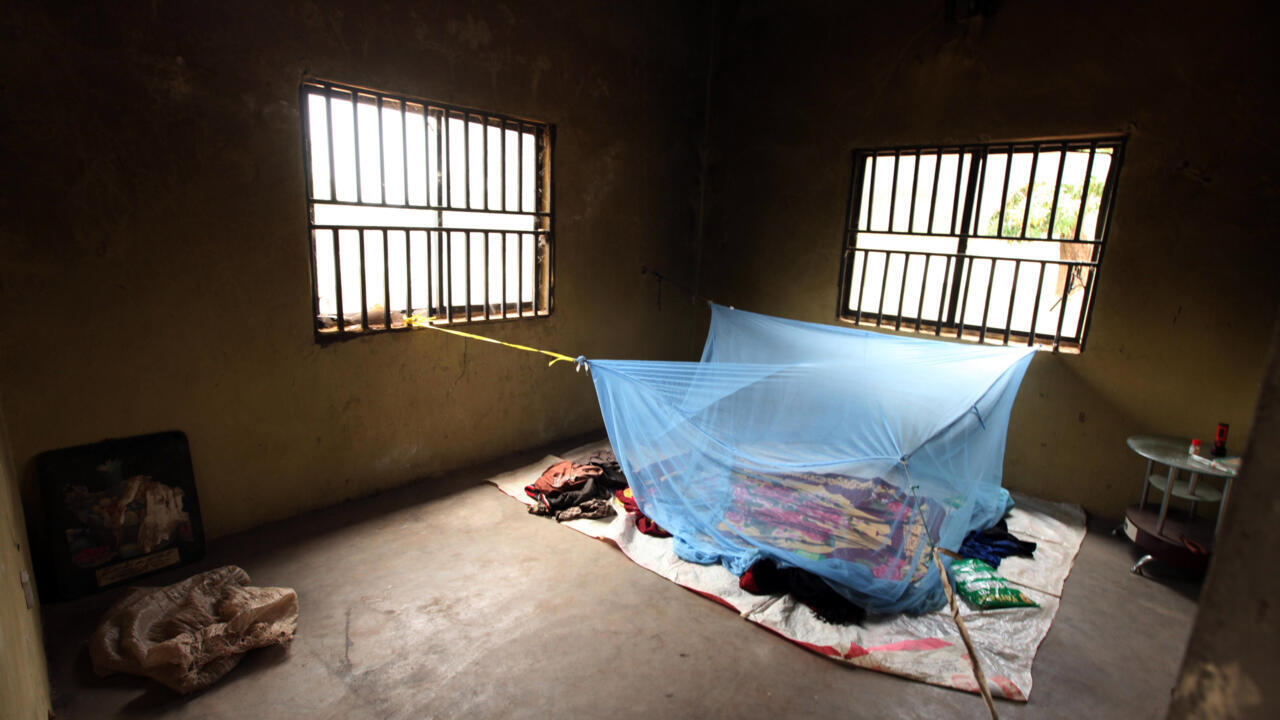In Nigeria — home to 30 percent of the world’s annual 600,000 malaria deaths — clinics that once served 300 people a day in the conflict-hit Borno state have abruptly shut down, Ibrahim and other laid-off workers told AFP, following the withdrawal of American funding by President Donald Trump.
“The clinics have been closed and (there are) no more free drugs or mosquito nets,” said Ibrahim.
The sudden dismantling of USAID — the country’s main foreign development arm — is unravelling health care systems across Africa that were built from a complicated web of national health ministries, the private sector, nonprofits and foreign aid.
As the effects of the cuts compound, the resulting damage — and deaths — are unlikely to end anytime soon: malaria cases will peak around the end of the rainy season, while threatened American cuts to global vaccine funding would likely be felt later in the year.
In the meantime, the ripple effects continue to spread: alongside laid-off workers, malnutrition clinics have shuttered doors in Nigeria.
Rattled supply chains mean drugs are at risk of being stuck in warehouses in Mali. Children are walking miles to reach care in South Sudan for cholera care and dying along the way, and refugee camps in Kenya are facing medicine shortages.
“People with resources will be able to go and get drugs… but the poorest of the poor, out in remote areas of Nigeria and other parts of sub-Saharan Africa, they’re the ones who will be cut off,” said Lawrence Barat, a former senior technical advisor for the US President’s Malaria Initiative (PMI).
“They’re the ones whose children will die.”
– Malaria forecasts upended –
During malaria’s seasonal peak, Ibrahim once saw clinics he worked at treat 300 patients a week. Fatima Kunduli, another laid-off aid worker in Borno, said her clinic was seeing 60 children per day for malnutrition and malaria care before it shut down.
As downpours progressively cascade across west Africa — Nigeria’s have just started, while Senegal’s rains won’t arrive until May — countries that have made in some cases significant progress in stamping out malaria in recent decades will now be doing so without a major financial backer.
Forecasts developed by ministries of health across the continent to plan for the rainy season have deep holes blown in them, said Saschveen Singh, an infectious disease specialist with Doctors Without Borders in France.
